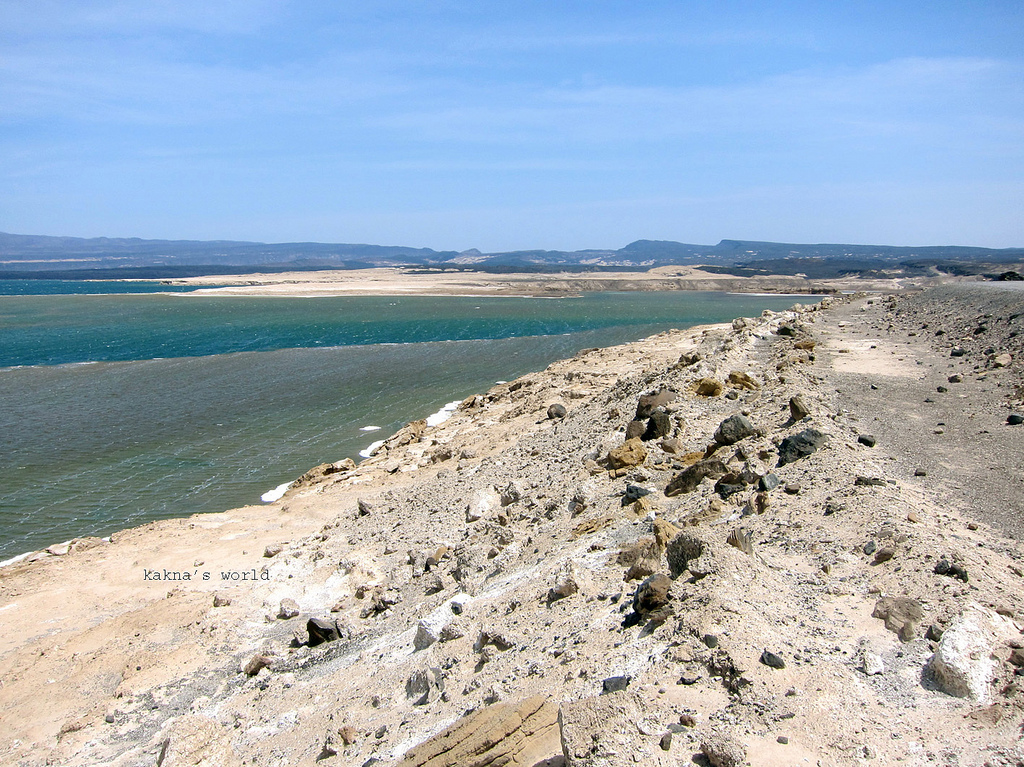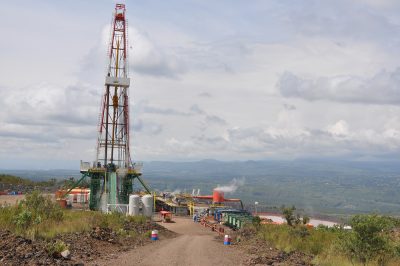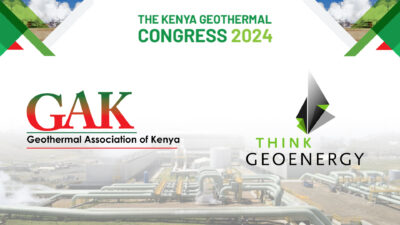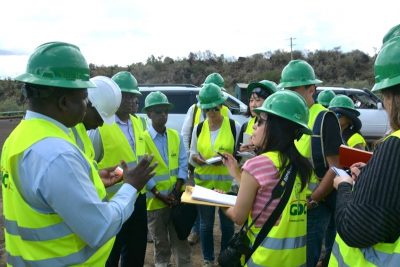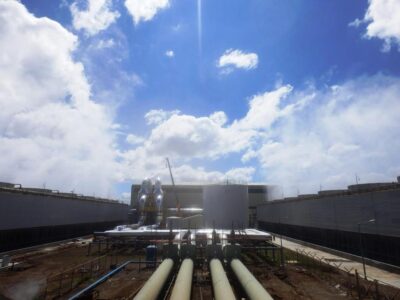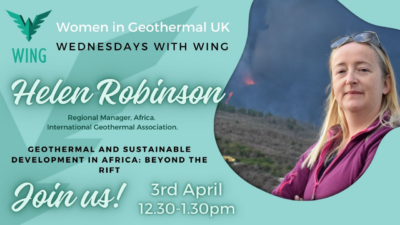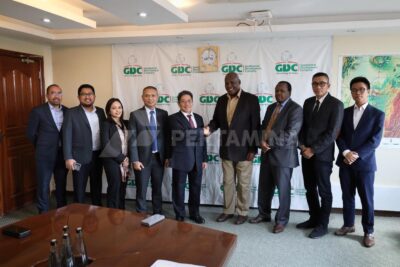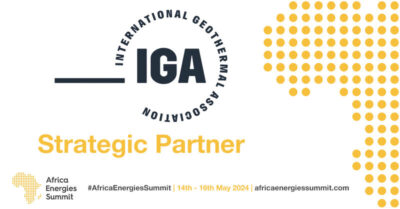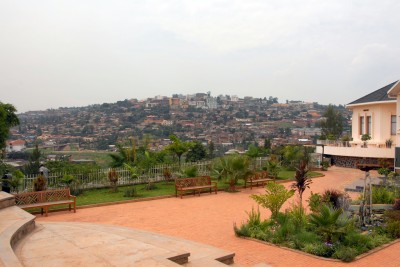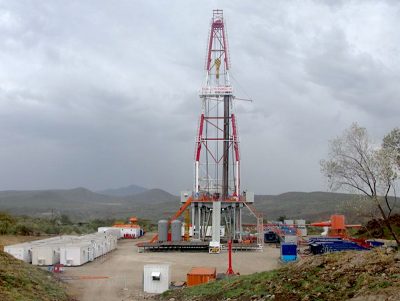Geothermal development in Djibouti – Full steam ahead?
While things have taken a long time, Djibouti, the small country at the Horn of Africa, is pushing ahead with its geothermal development with a drilling campaign being prepared and to kick off.
With a commitment to decrease the dependency on imported oil, Djibouti decided to become the first African country to derive 100% of its energy from renewables … as soon as by 2035, according to news from the region.
While the country looks at its abundance of sun and the opportunities for solar power generation and that of wind, geothermal energy has been on the forefront of discussions.
The country founded Djibouti Geothermal Energy Development Authority (Oddeg) to push geothermal development. The organisation is led by Dr. Kayad Moussa Ahmed, Director General of ODDEG. The goal of the entity is to “Provide the first megawatt to the grid in 2020,” he says.
Assal-Fiale Project
Located on the northern tip of the African rift, Djibouti sits on a furnace whose fumes could allow it to produce “5,000 MW on the twenty sites now listed in the territory,” says the specialist, who, for the record recalls that “the current national energy capacity is 120 MW”. Even if the geothermal potential seemed sufficiently obvious to everyone, the first research was carried out in the early 1970s, the identification and extraction of these fumaroles, on the other hand, has been a long path.
A long time has passed between the first attempts of the Bureau of Geological and Mining Research (BRGM), carried out in 1972, and the promises of theAssal-Fiale project today. French, Italian, American, Icelandic, Turkish and Japanese alongside the Djiboutians have been on multiple trips back and forth between the two salt lakes of the country, Assal and Abbot, before settling not far from the Goubet at Assal-Fiale.
While the first drilling campaigns were encouraging, exploration stopped in 1987 for lack of results and ongoing commitment. It was not until 1999 and the arrival in power of Ismail Omar Guelleh (IOG) for the country to take a shot again, under the responsibility of Djiboutians themselves and under the high patronage of the head of state. Impressed by an essay he had witnessed in the 1980s, IOG is convinced that the country’s energy future lies in its basement.
Funding
In 2007, Ismail Omar Guelleh created a team of specialists that met six years later at Oddeg. In 2016, faced with the lack of enthusiasm of donors, he decided to unlock $ 2 million to start research on the site Gaala-le- Koma, identified by the Oddeg based on studies made in the past by the BRGM.
While the French drilled up to a depth of 1,000 meters at Lake Assal, local engineers merely drilled between 300 and 600 m and fell on an intermediate geothermal reservoir, with a temperature of 140 °C, “which gives hope for finding an exploitable resource, “explains Kayad Moussa Ahmed.
Especially since it has just received $ 27 million from the Kuwait Fund for Development (FKD) and expects an identical amount from the Arab Fund for Economic and Social Development (Fades) to start drilling production and build a 15 MW geothermal plant by 2021.
Drilling Campaign
Located 3 km from Goubet, a port is being set up. For this new drilling campaign, Oddeg will be able to count on a new 125 ton drill, delivered by Turkey. The company will launch an eight-hole drill program that together could produce between 10 and 15 MW. “With a potential of 100 MW, to be confirmed,” says its director general.
And this is not the only project going on in Djibouti. The most advanced is today that of Assal-Fiale, initially started in 2007 with Icelandic participation. Time has passed and helped Iceland to digest the financial crisis that bankrupted the country. The project continued in 2012, with financial support from donors, American expertise and Icelandic material. The start of production is expected for 2018, on an identified reservoir of 50 to 100 MW.
A third drilling program is also scheduled to start at the Hanle-Garabayis site near Lake Abbot in 2019, this time with the help of Japan, which pays for 80% of the costs. A prospecting program launched on Emirati funds is finally start in the Arta region.
The investments to be made are presenting a high risk for a small country like Djibouti. Identifying and confirming the resource is challenging, but Kenya has shown the path for other countries in the region.
Earlier this year we reported on funding and a new drilling contract signed, so things seem to really move. We will explore on the status of the activities and report back.
Source: Jeune Afrique
